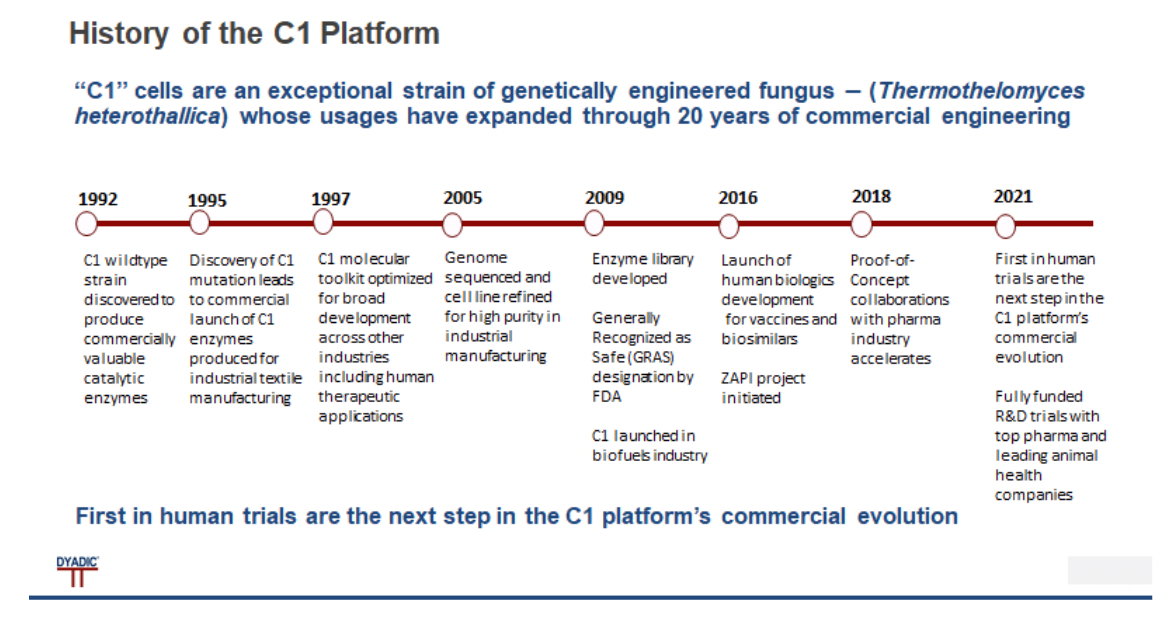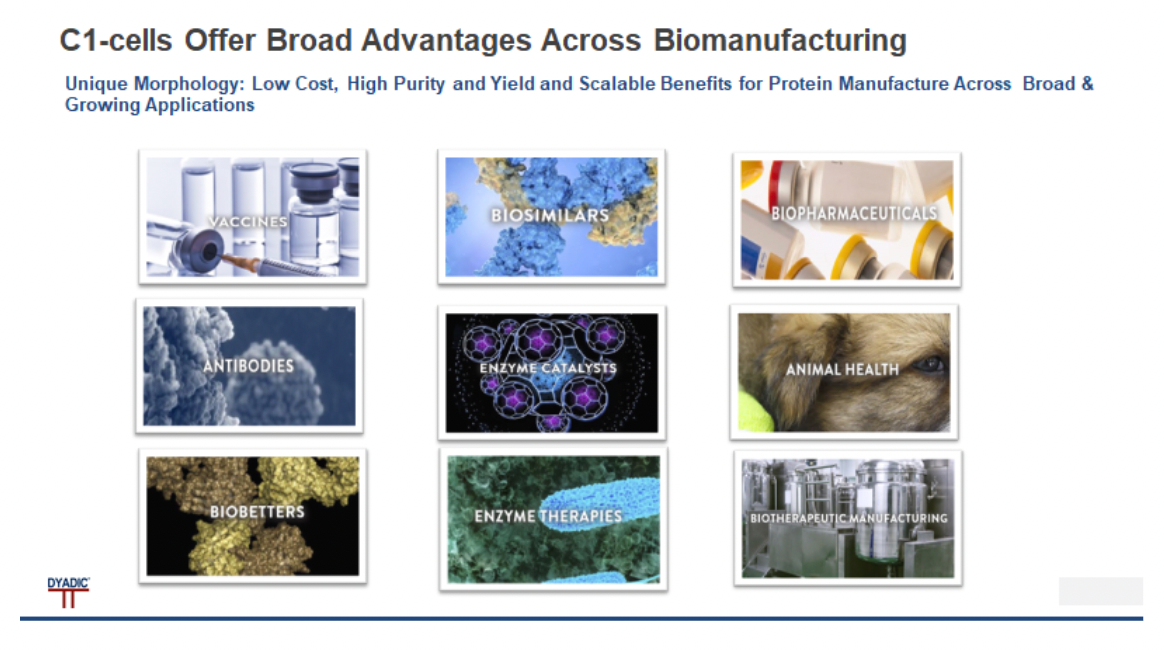Photo by Testalize.me on Unsplash
The following post was written and/or published as a collaboration between Benzinga’s in-house sponsored content team and a financial partner of Benzinga.
The number of dominant COVID-19 variants had reached 4 by July 20, and scientists are still not sure how many more times the virus will keep mutating. As countries scramble to purchase more vaccines for their residents, the prices for COVID-19 vaccines keep soaring. Just a few weeks ago, Pfizer Inc. PFE and Moderna Inc. MRNA raised the prices for their COVID-19 vaccines in Europe by more than ¼ and more than ⅒, respectively. The companies are set to make billions of dollars this year alone as nations anxiously secure more supplies for booster shots in the face of the Delta variant, which causes more infections and spreads faster than the early forms.
The moral of the story is not to portray pharmaceutical companies as money-thirsty cartels that want to use the current global tension to generate insane profit. Rather, the moral is to show us that as we continue to live with these microbes in our backyard, and are unaware when they will attack, we need a new solution of developing medicines that are cheaper, more efficient, and scalable, and this is exactly what Dyadic International Inc. DYAI intends to accomplish.
About Dyadic International Inc.
Dyadic is a global biotechnology company that focuses on improving and leveraging its patented and proprietary Thermothelomyces heterothallica fungi — commonly known as C1 — a technology to help pharmaceutical manufacturers bring drugs to the market faster, at an affordable cost, and in greater volumes. The company focuses on improving vaccine & drug access and will be offered to patients at an affordable price and, most importantly, save lives.
Dyadic is a veteran in the biotechnology space with more than 20 years of experience in industrial biotechnology. After a proven track record in industrial biotech, the company is now focused on how it can apply its expertise and C1 technology in the pharmaceutical industry (animal and human health).
Dyadic has signed a technology transfer and licensing agreement with Rubic Consortium, a South African company, to have its C1 platform used for research, approval, and development of COVID-19 and other vaccines that can be manufactured in Africa and sold in multiple countries on the continent. Dyadic believes using its C1 technology to manufacture vaccines regionally is the pathway for mass-scale immunizations around the globe quickly and efficiently.
Dyadic has also entered into other collaborations in India (Syngene) and SE Asia (Medytox) and a binding term sheet was recently announced for several other countries with Sorrento Therapeutics
Dyadic’s C1 cell protein production technology has also been used in the European Union Zoonosis Anticipation Preparedness (ZAPI) Project, which was initiated in 2015 and is designed to develop new methodologies and technology that can be used in the production of neutralizing antibodies and vaccines to fight zoonotic diseases or strains of coronaviruses. The study revealed that the C1 production platform facilitates a fast, coordinated, and practical response to infectious zoonotic diseases.
Last year, Dyadic joined forces with the Israeli Institute for Biological Research (IIBR) in the fight against pandemics, such as the coronavirus. The study demonstrated that COVID-19 receptor binding domain (RBD) can be mass-produced at low cost using Dyadic's C1 cell technology.
More About C1 Technology

The C1 technology is a novel and robust fungal expression system that can be used for gene discovery, development, and manufacturing of enzymes and other proteins. It offers the following competitive advantages over other technologies:
- Reduced cost: C1 cells can be grown on low-cost synthetic media.
- Faster production: C1 productions are produced faster — within 12 to 14 days, unlike conventional methods that can take up to 54 days.
- Higher yields: C1 produces more products per batch.
Recombinant protein vaccines rely on a production process very similar to the way the Hepatitis B vaccine has been produced and used around the world for decades. It is possible that some people with vaccine hesitancy may have been more comfortable being vaccinated with more traditional types of vaccines. Global vaccine manufacturers' familiarity with the ease with which the raw materials can be obtained would have made it easier to quickly ramp up global production compared to the newer vaccine manufacturing processes, even if they came onto the market a little later.
The Global Demand for Pharmaceuticals

The global market for pharmaceuticals is expected to grow to around $1.3 trillion in 2021 from more than $1.2 trillion in 2020 at a compound annual growth rate (CAGR) of 1.8%. By 2025, the market is expected to reach more than $1.7 trillion at a CAGR of 8%.
A vaccine or antibody that is unavailable or unaffordable is 100% ineffective, and more vaccinations globally help lower infections around the world.
The preceding post was written and/or published as a collaboration between Benzinga’s in-house sponsored content team and a financial partner of Benzinga. Although the piece is not and should not be construed as editorial content, the sponsored content team works to ensure that any and all information contained within is true and accurate to the best of their knowledge and research. This content is for informational purposes only and not intended to be investing advice.
Edge Rankings
Price Trend
© 2025 Benzinga.com. Benzinga does not provide investment advice. All rights reserved.
Trade confidently with insights and alerts from analyst ratings, free reports and breaking news that affects the stocks you care about.